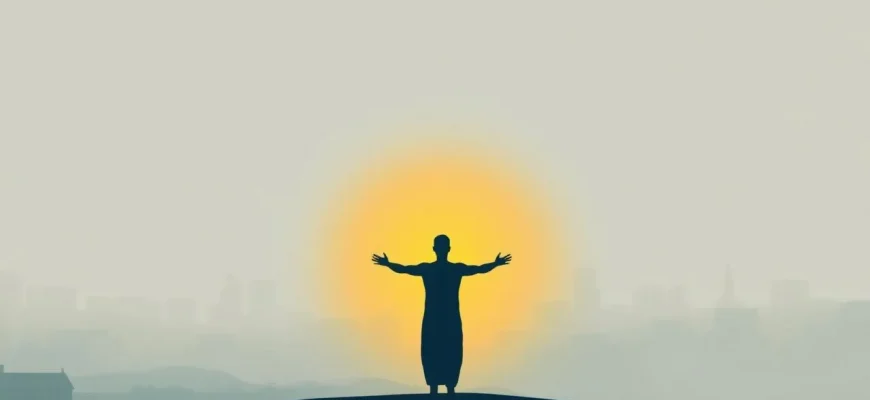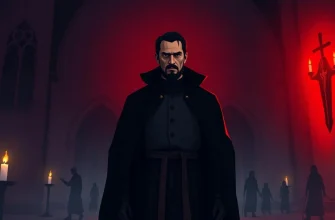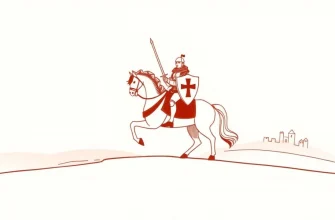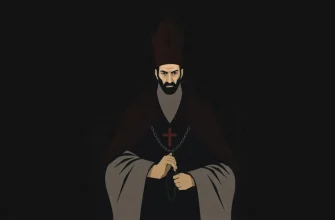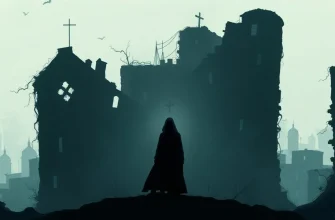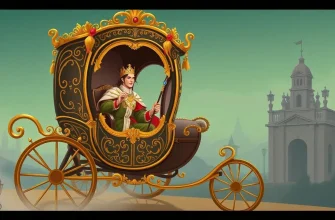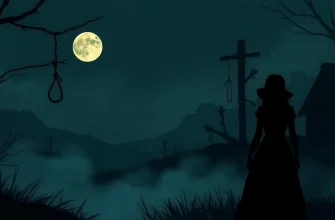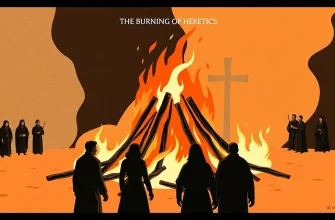Delving into the annals of history, these films illuminate the dark corners where faith has been met with oppression. Each story, woven with threads of courage, sacrifice, and the unyielding human spirit, offers a poignant reflection on the trials faced by those persecuted for their beliefs. This collection not only educates but also resonates with viewers, providing a window into the past that echoes with relevance today.

Quo Vadis (1951)
Description: Set in ancient Rome, this epic film depicts the persecution of Christians under Emperor Nero, focusing on the love story between a Roman general and a Christian woman.
Fact: The film was nominated for eight Academy Awards, winning two.
 Watch Now
Watch Now 
The Robe (1953)
Description: A Roman tribune, Marcellus Gallio, becomes a Christian after witnessing the crucifixion of Jesus, leading to his own persecution and eventual martyrdom.
Fact: It was the first film to be released in CinemaScope, a widescreen process.
 Watch Now
Watch Now 
Becket (1964)
Description: This film narrates the story of Thomas Becket, the Archbishop of Canterbury, and his conflict with King Henry II, leading to his martyrdom, highlighting the tension between church and state.
Fact: Peter O'Toole and Richard Burton were both nominated for Best Actor at the Academy Awards for their roles.
 Watch Now
Watch Now 
The Agony and the Ecstasy (1965)
Description: While not directly about religious persecution, this film explores Michelangelo's struggles with the Pope over the painting of the Sistine Chapel, reflecting the broader theme of artistic freedom versus religious authority.
Fact: Charlton Heston, who played Michelangelo, also co-wrote the screenplay.
 Watch Now
Watch Now 
A Man for All Seasons (1966)
Description: This biopic portrays Sir Thomas More's refusal to acknowledge King Henry VIII's divorce and his subsequent martyrdom, highlighting the conflict between personal faith and state authority.
Fact: Paul Scofield won the Academy Award for Best Actor for his portrayal of More.
 Watch Now
Watch Now 
The Mission (1986)
Description: This film captures the efforts of Jesuit missionaries in 18th-century South America to protect a remote indigenous tribe from colonial forces, showcasing the clash between religious ideals and political power.
Fact: The film's score by Ennio Morricone won the Golden Globe for Best Original Score.
 Watch Now
Watch Now 
The Last Temptation of Christ (1988)
Description: This controversial film explores the life of Jesus Christ, focusing on his human struggles and the persecution he faced, offering a unique perspective on his divine mission.
Fact: The film was banned in several countries due to its depiction of Jesus.
 Watch Now
Watch Now 
The Passion of the Christ (2004)
Description: Mel Gibson's graphic portrayal of the last 12 hours of Jesus Christ's life, focusing on his suffering and crucifixion, underlines the extreme persecution he endured.
Fact: The film was shot in Aramaic, Latin, and Hebrew, with subtitles in English.
 Watch Now
Watch Now 
Silence (2016)
Description: Set in the 17th century, this film follows two Jesuit priests who travel to Japan to find their mentor and spread Christianity amidst intense persecution. It's a profound exploration of faith, silence, and the clash of cultures.
Fact: The film was in development for over 25 years, with Martin Scorsese considering it his "life's work."
 Watch Now
Watch Now 
The Flowers of War (2011)
Description: Set during the Nanjing Massacre, this film tells the story of a group of schoolgirls and prostitutes hiding in a church, protected by an American mortician, amidst the horrors of war and religious persecution.
Fact: It was China's official entry for the Best Foreign Language Film at the 84th Academy Awards.
 Watch Now
Watch Now 
